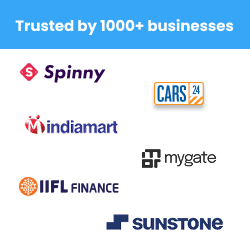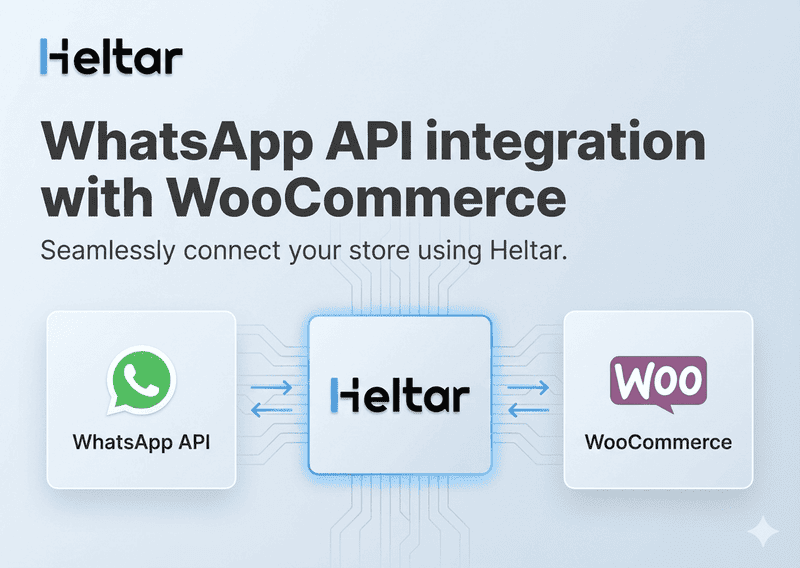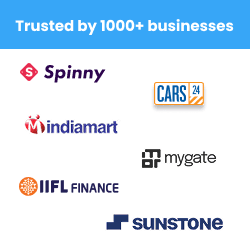This guide shows you how to send WhatsApp messages from Zapier. We will build a simple flow first, to show you how automating on Zapier looks like, and then add useful options, tests, and costs. Works on Windows, Mac, or Linux. No code needed. For the purpose of the tutorial, let's build an automation that notifies you on WhatsApp whenever you receive a mail in your inbox.
What you will build?
A 'Zap' that watches for a new email in Gmail
An action that sends a WhatsApp message to your number with the key details
A tested, running automation you can turn on or off from Zapier
You can swap Gmail for Sheets, Forms, a CRM, or a webhook. The method remains the same.
What you will need?
Zapier account - Create or sign in at Zapier.
WhatsApp on your phone - You will receive an OTP on your number during setup.
A trigger app - We will use Gmail as the trigger. You can pick a different trigger later.
Time to test once with your own data - Send yourself a real email or sample event before testing.
Step 1 - Create a new Zap
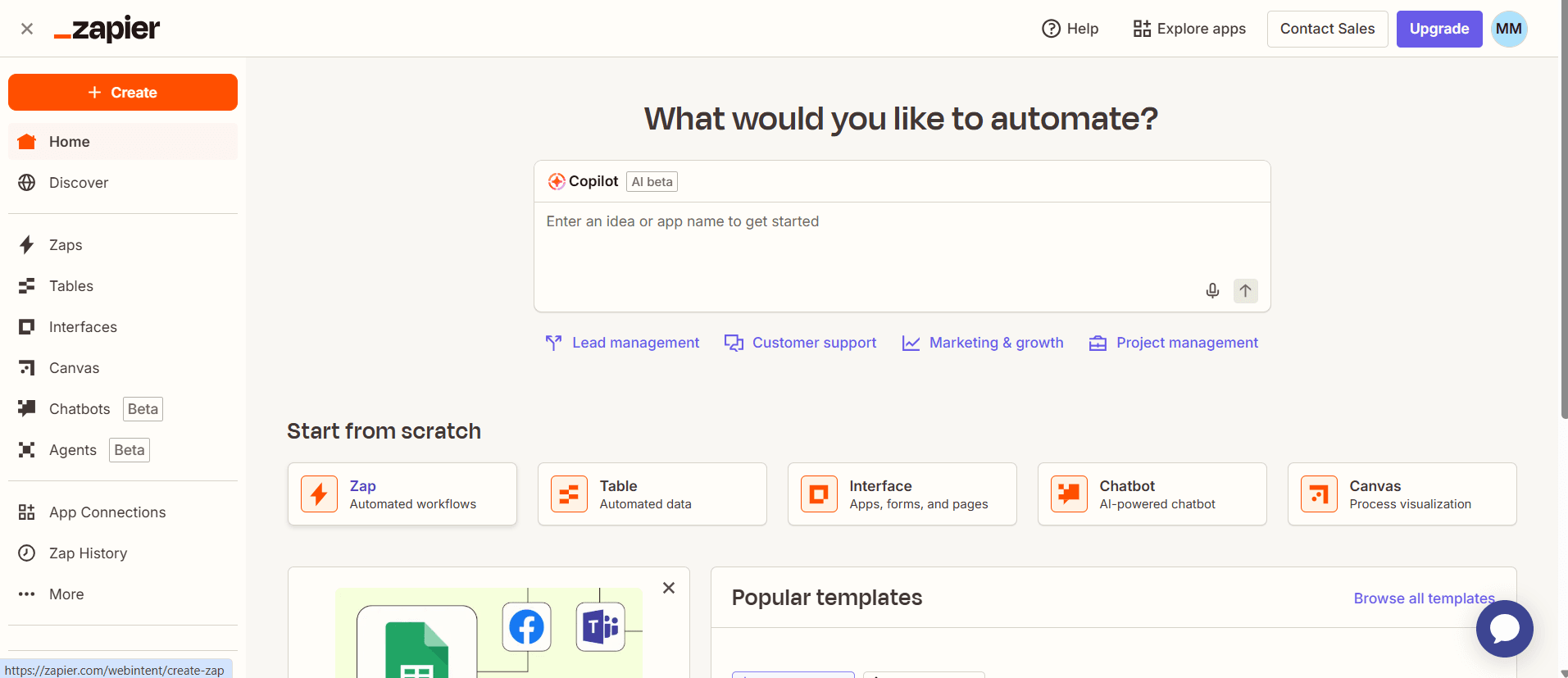
Sign in to Zapier.
Click Create then New Zap.
You may see Co-pilot. You can ignore it and build by hand. Manual setup is clearer.
Step 2 - Add the trigger
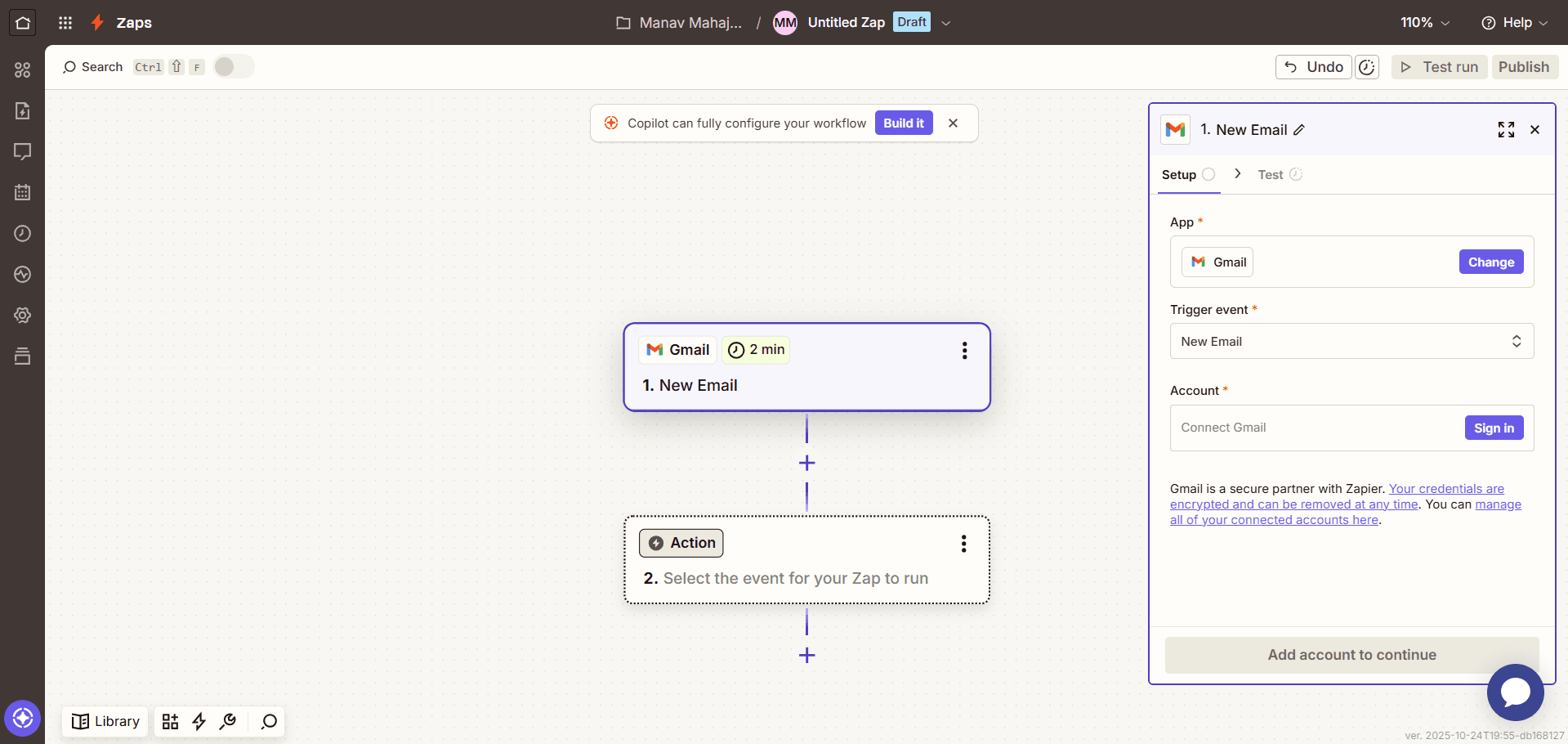
Example trigger: Gmail, New Email
In the trigger search box, choose Gmail.
Event: New Email.
Connect your Google account and allow access.
Set Inbox or Label to the mailbox you want. Start with Inbox.
Click Test trigger. You should see a sample email with fields like From, Subject, Body, and Message URL.
Tips
If the test finds nothing, send yourself a fresh email, wait 10 to 20 seconds, then test again.
You can filter later by subject, sender, or label to cut noise.
Step 3 - Add the WhatsApp action
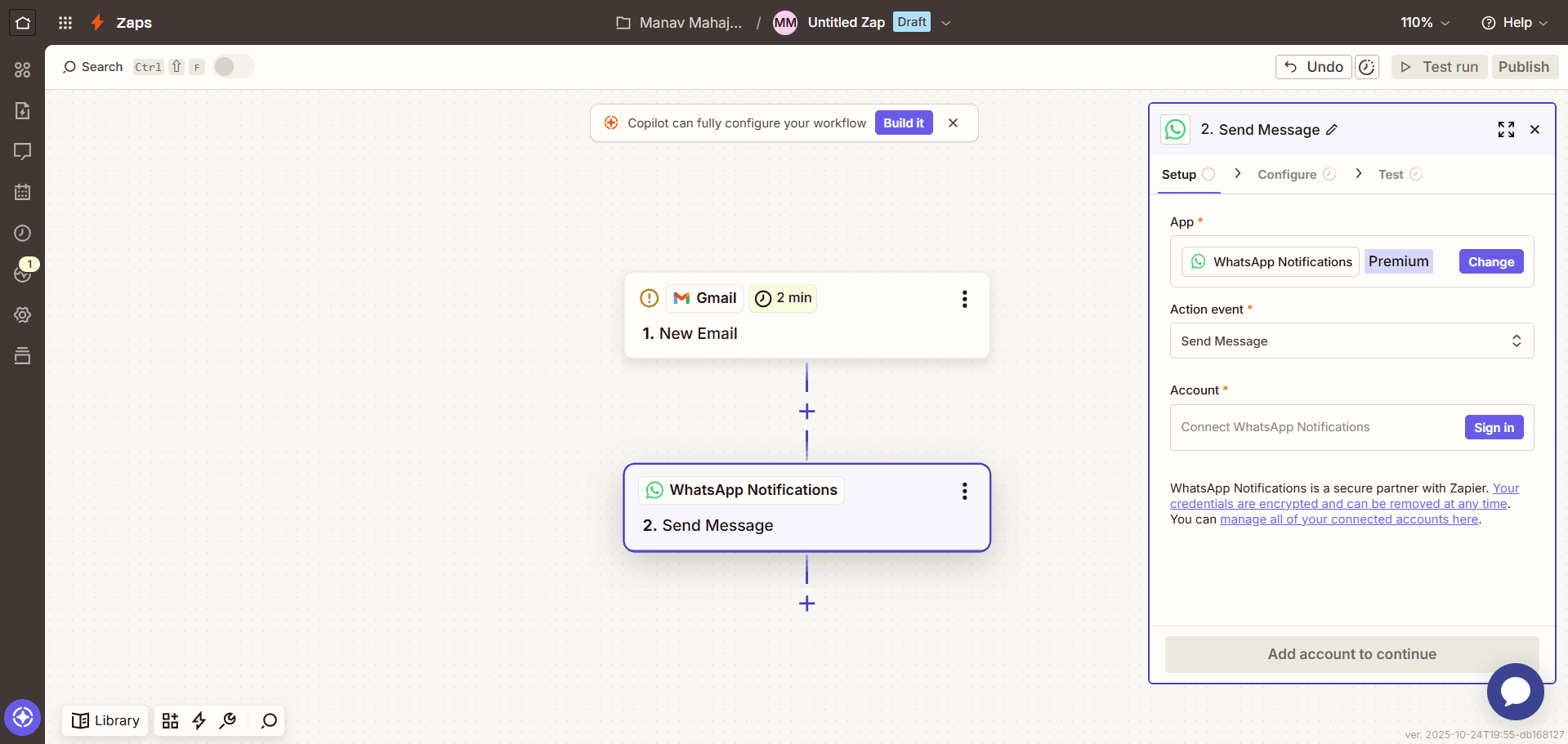
Action: WhatsApp, Send Message
In the action search box, choose WhatsApp then Send Message.
Click Connect and enter your WhatsApp phone number in the below mentioned format.
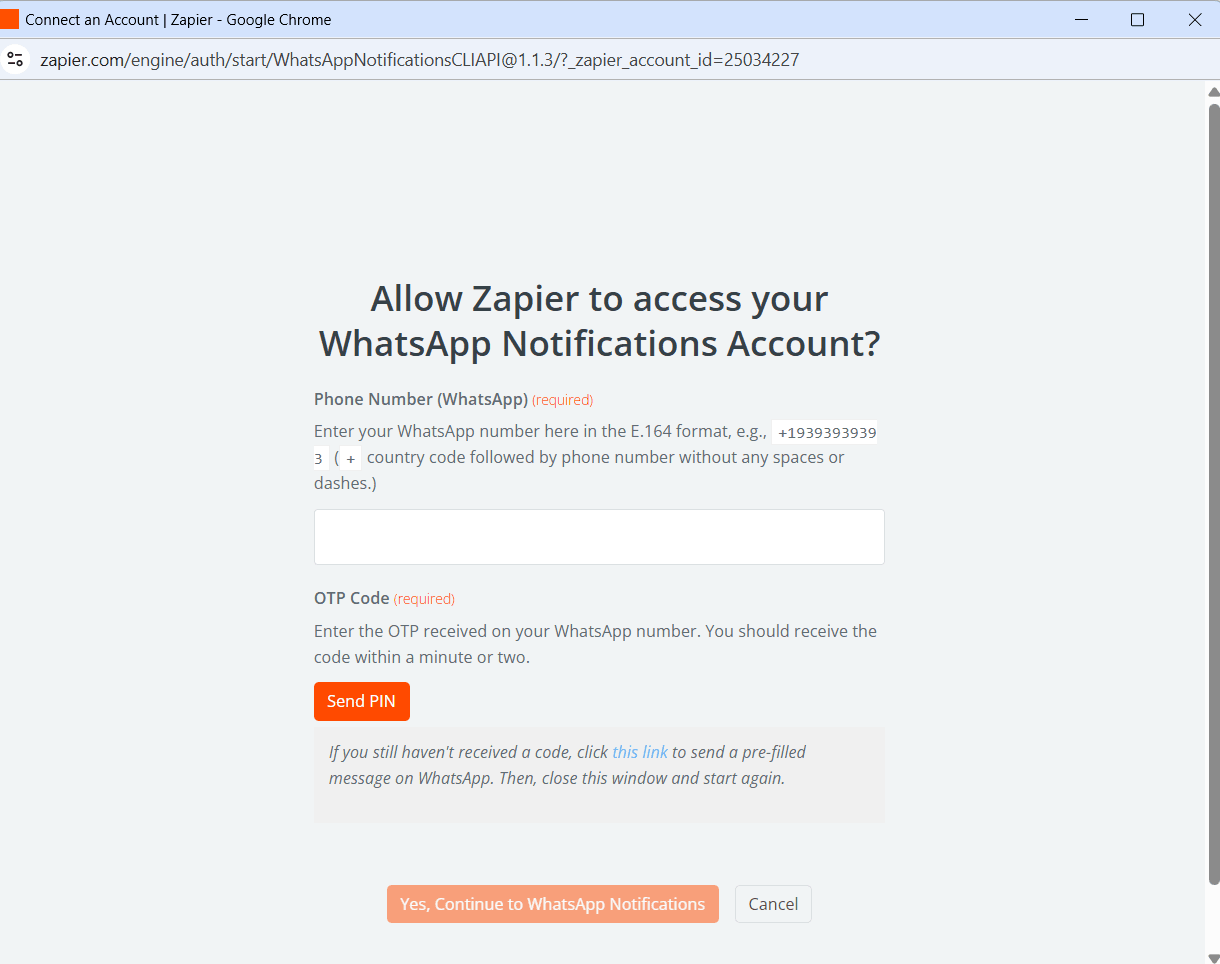
You will get a one time passcode on WhatsApp. Enter it to complete the link.
Note
If you see a different WhatsApp connector, follow the on screen steps. Some connectors are region specific or vendor specific.
Step 4 - Map your message
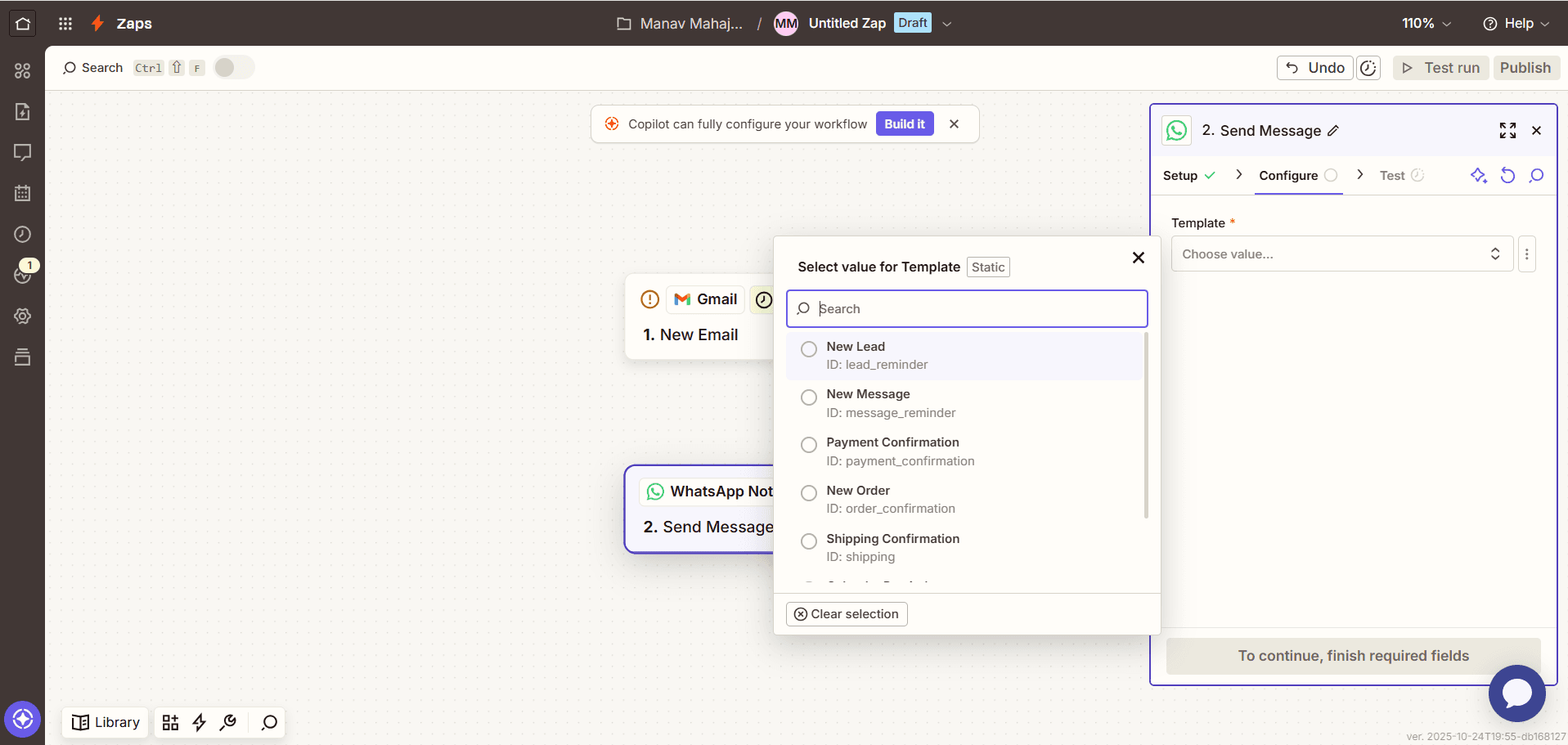
In Send Message, you will see fields like Template, Message text, and optional link.
Start simple:
Template or Type: choose New message or plain text, as shown in the video.
Message text: write a clear alert, then insert dynamic fields from Gmail. Example:
New mail received
From: { {Gmail From} }
Subject: { {Gmail Subject} }
Open: { {Gmail Message URL} }
How to insert fields?
Click the blue plus next to a field to pick from the Gmail sample you tested.
If your connector shows a single text box, paste a short message and add variables from the picker.
Optional
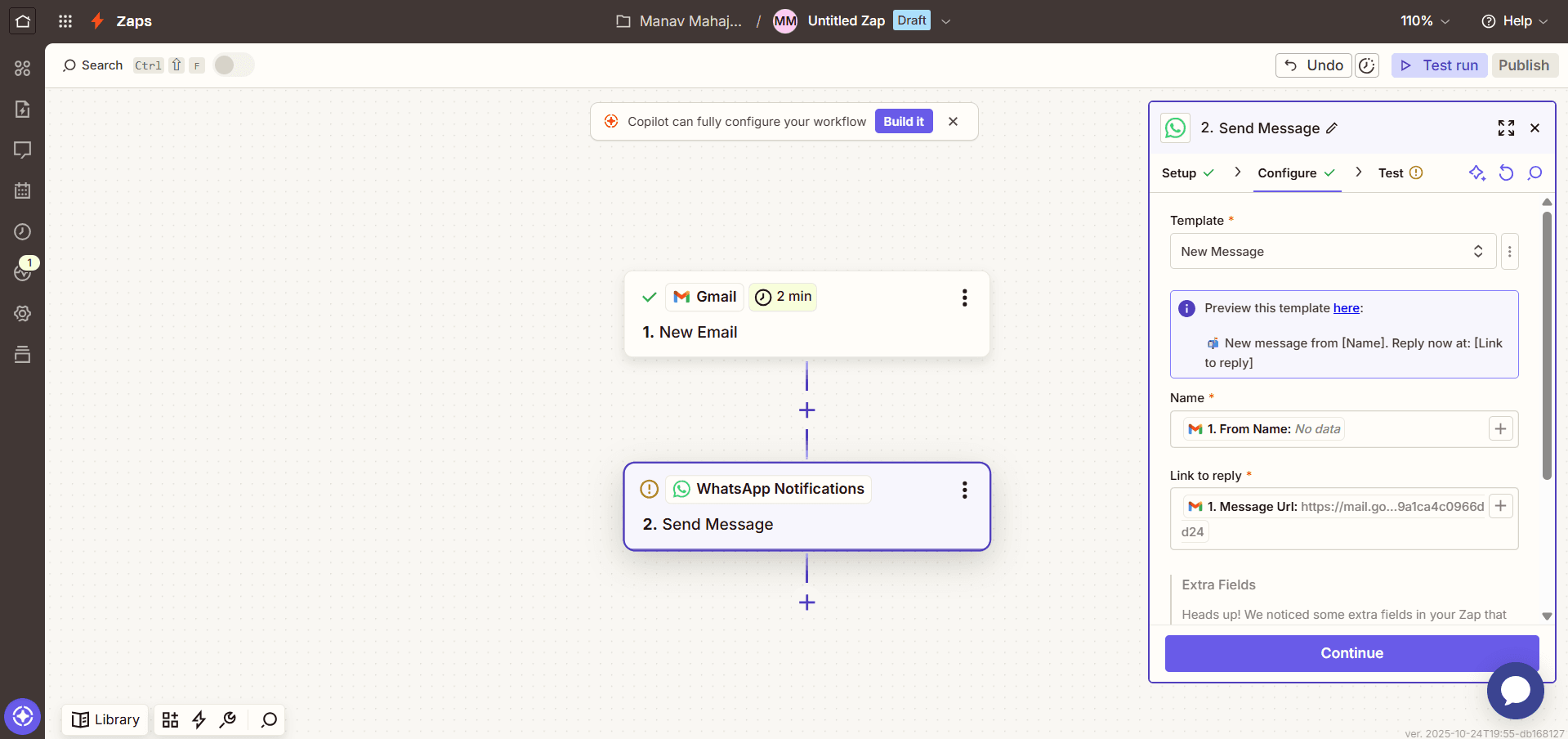
Add the message URL so you can jump straight to the email.
Add a date or label to help you triage.
Step 5 - Test the action
Click Test step.
Zapier will send the WhatsApp message to your verified number.
Check your phone. You should see your alert with the From, Subject, and link.
If it fails
Reconnect WhatsApp and enter the passcode again.
Reconnect Gmail if the token expired.
Remove special characters from the message and test with plain text once.
Step 6 - Turn it on

Click Publish or Turn on Zap.
Your Zap is live. New emails will now send you a WhatsApp alert.
You can pause it any time from Zaps.
Variations you can build in minutes
New row in Google Sheets to WhatsApp
Trigger: Google Sheets, New Spreadsheet Row
Action: WhatsApp, Send Message
Map row values like name, phone, order ID, and a link.Typeform lead to WhatsApp
Trigger: Typeform, New Entry
Action: WhatsApp, Send Message
Send your team a quick lead alert with name and answers.Error alert from any app
Trigger: your app’s error event or a log feed
Action: WhatsApp, Send Message
Keep messages short to avoid noise.
Filters and Clean up
Add a Filter step between the trigger and WhatsApp when you want only important messages:
Only subject contains [URGENT]
Only from a specific sender
Only with a certain tag/label
You can also add Formatter to shorten the email body, strip HTML, or format a date.
Zapier Pricing - At a glance
Plan | Price | Who it fits | Core limits | Key adds |
|---|---|---|---|---|
Free | $0 per month | Solo testing, light use | 100 tasks per month | Automation platform, Unlimited Zaps, Tables, Interfaces, Two-step Zaps, Zapier Copilot |
Professional | $29.99 per month | Solo power user | 1 user | Multi-step Zaps, Unlimited Premium apps, Webhooks, Email and live chat support*, AI fields, Conditional form logic |
Team | $103.50 per month | Small teams | 25 users | Everything in Professional, plus Shared Zaps and folders, Shared app connections, SAML SSO, Premier Support |
Enterprise | Contact sales | Larger orgs | Unlimited users | Everything in Team, plus Advanced admin permissions and app controls, Advanced deployment options, Annual task limits, Observability, Technical Account Manager |
What Zapier can and cannot do for WhatsApp?
Good for:
Personal alerts to your number
Small team alerts to a few numbers
Simple flows with one or two steps
Not good for:
Bulk sends, campaigns, and templates
Team inbox, assignment, tags, and notes
- Deploying AI chatbots on your Business Contact
For those, you are better off using a WhatsApp Business API provider, and that is exactly where Heltar steps in.
Is Zapier-only WhatsApp automation feasible for real businesses?
Short answer, No for most teams. Zapier is great for a demo or a tiny workflow, but day to day business needs are bigger and stricter.
Why Zapier alone breaks in practice?
You need many flows at once, not one bot. Real chats fan out by keyword, menu, language, locale, and stage. Keeping dozens of Zapier flows in sync is hard and fragile.
You need bulk and broadcast. WhatsApp allows bulk only with approved templates and user opt-ins. Managing templates, approvals, variables, and opt-outs inside Zapier quickly becomes messy.
You must follow the 24-hour service window. After 24 hours you can reply only with templates, managing and keeping track of this while automating with Zapier is hard.
Sales needs a shared inbox. Zapier is a workflow tool, not a team inbox. You cannot assign chats, add notes, tag leads, or see who replied last without building a lot around it.
You need reporting and control. Delivery, read rates, template failures, number quality, blocks, consent status, audit trails, and retries are all required. Stitching this in Zapier is heavy.
Why businesses need a provider to do this for them?
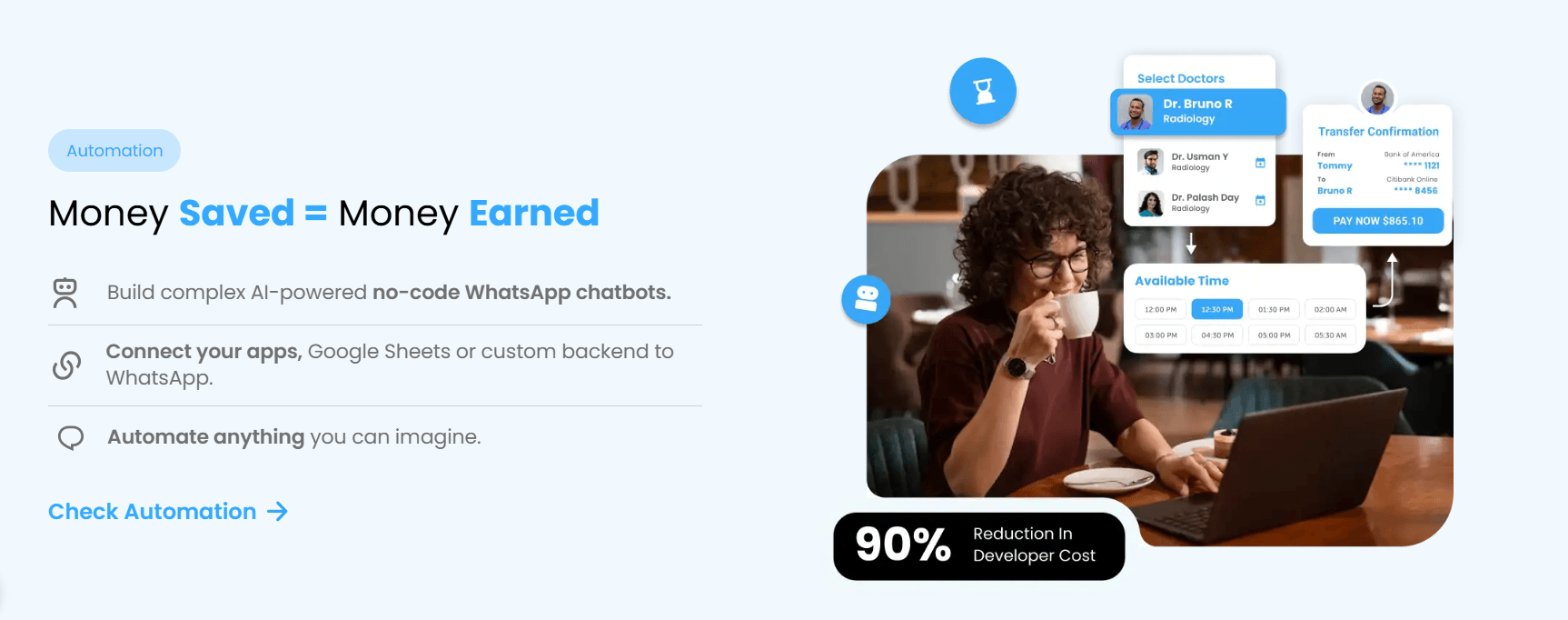
Heltar is a WhatsApp Business API provider built for these needs.
Shared inbox, roles, and assignments so sales can work from one place.
Automation inside the inbox, plus quick setup for keywords, menus, and forms. You can create a WhatsApp chatbot using a drag-and-drop, no-code chatbot builder. Just one AI prompt, and you have your automation ready to be deployed. You can't get this luxury on Zapier.
Template workflows for approval, variables, and safe bulk sends. You create templates and get them approved within seconds, ready to be launched as part of bulk messaging campaigns.
24-hour window guardrails that auto enforce message type rules.
Campaigns and segments with schedules and rate control. Schedule and Fire any campaign in less than a minute, marketing made simple!
Live reports for delivery, reads, failures, leads, and outcomes.
If this is what your business needs, reach out to us for a demo today!
